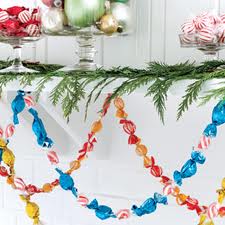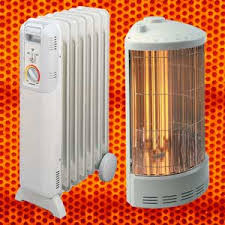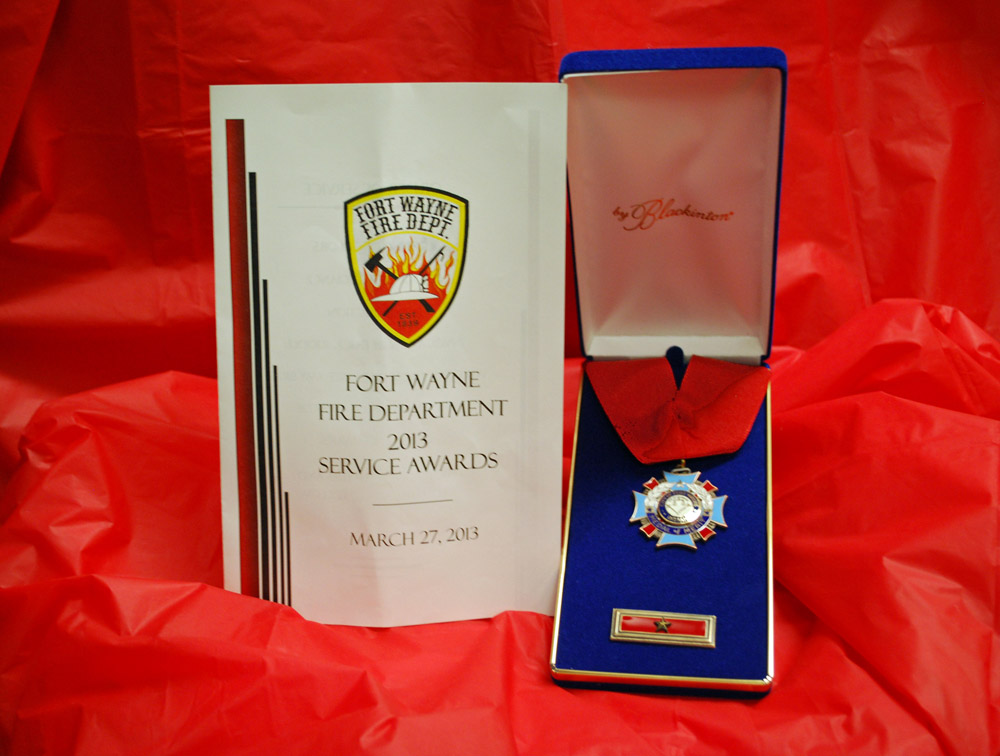Spring Conference
 Health & Wellness in the Public Safety Arena :
Health & Wellness in the Public Safety Arena :
Cardiac Stress
8 a.m. – 12:00 p.m.
Saturday, May 18, 2013
at the Public Safety Academy/Ivy Tech South
(7602 Patriot Crossing, 46816)
A Cardiac Stress Symposium, this free seminar is aimed to educate Health Care Providers, Administrators and Public Safety Members about heart disease and cardiac stresses particular to firefighters, as well as their impact on an individual’s health and well-being. Providers will learn critical information to be able to safely clear these individuals to return to work after an injury or illness.
- Basic Cardiovascular Risk Factors and Prevention
- Firefighter Specific Data and Risks
- Post Traumatic Stress Disorder Affecting Public Safety
- Post Lecture Events and Opportunities
- A public safety Personal Protective Equipment display with Q & A, as well as a chance to observe or participate in FWFD’s work performance evaluation (WPE).
Registration is encouraged, please click here.
Please click here for a printable/email compatible Conference Flyer: Spring_Conference_Flyer.pdf
Questions? Call 260.427.1478.
*Continuing Education Credits Approved and Available: The Fort Wayne Medical Education Program designates this live activity for a maximum of 3.5 AMA PRA Category 1 Credits™. Physicians should claim only the credit commensurate with the extent of their participation in the activity.
PRESENTERS:
Dr. Mark O’Shaughnessy - Parkview Cardiology
Presenting general cardiovascular health/prevention tips, Dr. Mark O’Shaughnessy specializes in congestive heart failure, non-invasive cardiac evaluation and prevention. and is actively involved in community education on the prevention of cardiovascular disease.
Dr. Denise Smith - Skidmore College
A renowned professor, Dr. Smith’s research is focused on the physiological effects of firefighting, particularly the cardiovascular strain associated with the combination of heavy physical work, heat stress, and the psychological stress that firefighters routinely encounter.
Dr. Mike Johnson - Public Safety Medical
A licensed clinical psychologist with 20 years experience treatingadults, adolescents, children and families with all manner of clinical issuesincluding anxiety and Posttraumatic Stress Disorder. Dr. Johnson is a consultant with Public Safety Medical and president and chief executive officer of the Broad Ripple Counseling Center.
Fort Wayne Fire Department - Work Performance Evaluation
Also known as the WPE, this evaluation is a cardiorespiratory fitness assessment used to measure an individual’s ability to perform essential functions required to execute the duties of a sworn FWFD firefighter.













 Outdoor grilling is a favorite summer pastime. The Fort Wayne Fire Department reminds you to enjoy grilling season, but keep safety in mind.
Outdoor grilling is a favorite summer pastime. The Fort Wayne Fire Department reminds you to enjoy grilling season, but keep safety in mind. 
 On March 27, the FWFD hosted its annual Fire Service Awards and recognized 28 individuals, corporations/organizations and firefighters for their exceptional service and/or lifesaving actions. To view the ceremony and hear their stories visit
On March 27, the FWFD hosted its annual Fire Service Awards and recognized 28 individuals, corporations/organizations and firefighters for their exceptional service and/or lifesaving actions. To view the ceremony and hear their stories visit